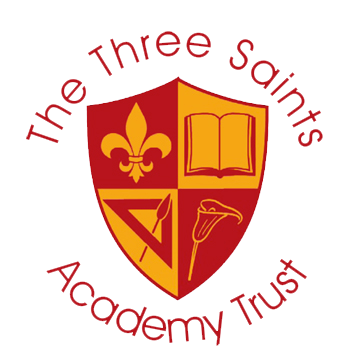Equality Objectives
- Ensure that all children, regardless of demographic, gain the knowledge, skills and cultural capital they need to succeed in life and achieve well.
- Prepare pupils for life in modern Britain effectively, developing their understanding of FBVs and equality and diversity to combat influencing factors in their community and potentially home environment.
- All pupil groups to perform in line with each other, with no demographic group under-performing.
How have the objectives been chosen?
These objectives have been chosen as a result of the analysis of audit trails (including learning walks, book scrutinies and talking with pupils), as well as the analysis of external data reports including ASP and IDSR and in consultation with other stakeholders.
What is going to be done to achieve each objective?
We will:
|
Objectives |
Actions |
Success Criteria |
|
Ensure that all children, regardless of demographic, gain the knowledge, skills and cultural capital they need to succeed in life and achieve well.
|
|
|
|
Prepare pupils for life in modern Britain effectively, developing their understanding of FBVs and equality and diversity to combat influencing factors in their community and potentially home environment. |
|
|
|
All pupil groups to perform in line with each other, with no demographic group under-performing, with a specific focus on Y6 boys and girls in Writing and PP and Non-PP in Maths. |
|
|
What is the diversity of our school population?
Our school population on 9th September 2024 was as follows (taken from Arbor): the ethnic groups are White British 85.47%, Chinese 0.73%, Any Other Mixed Background 0.48%, White and Asian 1.69%, Other White British 0.97%, White English 7.02%, Any Other White Background 0.73%, Afghan 0.73%, White European 0.48%, Any Other Asian 0.24%, Arab Other 0.24%, Black African 0.24%, Indian 0.24%, Iranian 0.24%, White and Black Caribbean 0.24% and White Other 0.24%. The school had 16 ethnic groups.
How are we performing in relation to the three aims of the equality duty?
Eliminate unlawful discrimination, harassment and victimisation
Our Christian ethos, school vision and aims, curriculum provision and policies, as well as our approach to pastoral support and behaviour management ensures unlawful discrimination, harassment and victimisation is eliminated.
Advance equality of opportunity
We effectively advance equality of opportunity through our curriculum and wider curriculum provision, as a result of being a UNICEF Rights Respecting School, and through our day to day practices e.g. we encourage participation in sport for those with disability, teaching girls and boys they can have the same aspirations, deliberate and careful selection of teaching materials and resources.
Foster good relations
We actively foster good relations by promoting positive attitudes and good relationships between all pupils and staff. We also seek to promote and secure genuine home-school links and achieving excellent communication. Examples of how this is achieved include: weekly newsletter, regular use of in-app messages, pupil/parent mentoring conversations, parent forum, family learning opportunities inc Meet the Teacher and Parent Insight sessions, inviting family members to participate in the life of the school, signposting our families to other agencies. We also have an open-door policy.
The Equality Act brought in changes in to what schools should and must do
The Act covers all aspects of school life to do with how a school treats pupils and prospective pupils, parents and carers, employees, and members of the community. Everything a school does must be fair, non-discriminatory and not put individuals or groups of people at a disadvantage. In particular, a school must not discriminate, harass or victimise a pupil or potential pupil in relation to:
• Admissions
• The way it provides education for pupils
• How it provides pupils access to any benefit, facility or service
• Excluding a pupil or subjecting them to any other detriment
What actions and behaviours are unlawful under the Act?
The Act defines a number of types of unlawful behaviour, including:
• Direct discrimination
• Indirect discrimination
• Failing to make reasonable adjustments for disabled pupils or staff
• Discrimination arising from disability
• Harassment related to a protected characteristic
• Victimisation of someone because they have made, or helped with, a complaint about discrimination
What are “protected characteristics”?
Protected characteristics refer to aspects of a person’s identify. Treating a person less favourably because they have one or more of these characteristics would be unlawful. The protected characteristics are:
• Age
• Disability
• Gender reassignment
• Marriage and civil partnership
• Pregnancy and maternity
• Race
• Religion or belief
• Sex
• Sexual orientation
The Equality and Accessibility Action Plan is located on our school website.
The Equality Scheme is located under the policies section of the Three Saints Academy Trust website.

